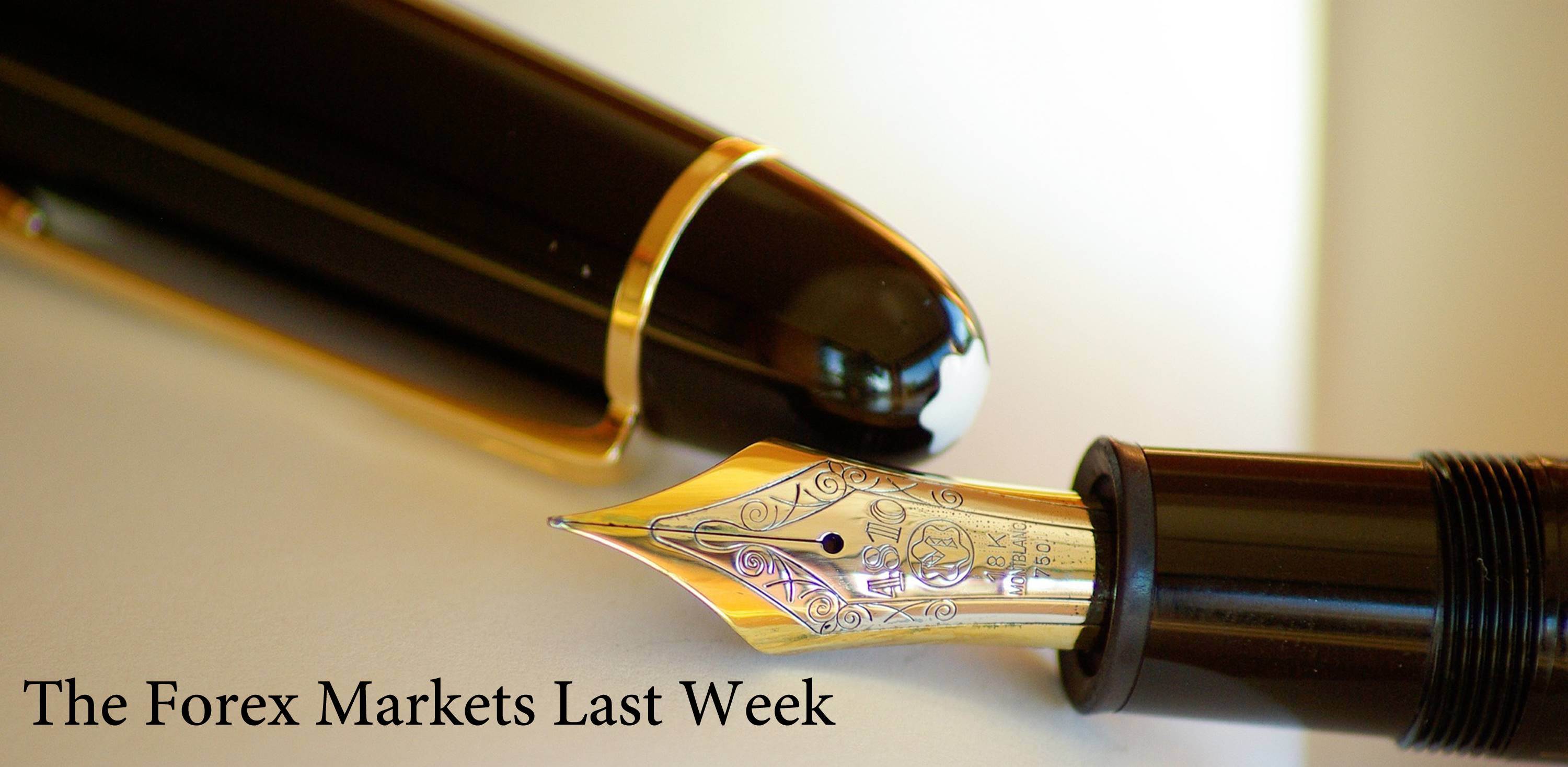 Sterling’s rally is back on as parliament passes a bill to prevent a “no-deal” Brexit in October, however, Boris Johnson pledges not to ask the EU for the mandated extension.
Sterling’s rally is back on as parliament passes a bill to prevent a “no-deal” Brexit in October, however, Boris Johnson pledges not to ask the EU for the mandated extension.
All of the major markets made ground over the course of last week despite the lack of any move towards fresh bilateral talks between China and the USA.
In Europe over the course of the week, the FTSE was up on last week’s close by 1% at 7282.3; the Dax ended at 12192, 2.1% up on last week’s close; the CAC was up by 2.3% to end the session at 5604.
The Dow ended the week up by 1.5% to close at 26797. The Nasdaq composite index was up by 1.8% over the course of the week at 8103.1.
The Nikkei 225 ended the week’s trading up by 2.4% to end the session at 21200.
On the currency markets last week, Sterling enjoyed the best of the trading. The dollar was weaker against Sterling last week closing at $1.2301 to the Pound, a fall of 1.1% on the week. The Greenback was weaker against the Euro last week falling by 0.54% to close at $1.1044 to the Euro.
The dollar strengthened against the Japanese currency closing at 106.8 Yen to the Dollar, making a gain of 0.48% on the week.
The Euro was higher against the Yen ending at 118, a gain of 0.98% over the course of the week. It was weaker against Sterling last week, the close saw one £ buying €1.1138, a loss of 0.55% on the week.
The Euro now buys 1.0897 CHF, a gain of 0.15% on the week.
On the commodities market, the price for Brent crude ended at $61.54 per barrel, a rise of 3.9% over the course of the week’s trading. The value of gold was lower last week closing at $1506.2 per ounce, a fall of 1% over the week.
The data that supports this article is drawn from Bloomberg, The Financial Times and X-rates.
